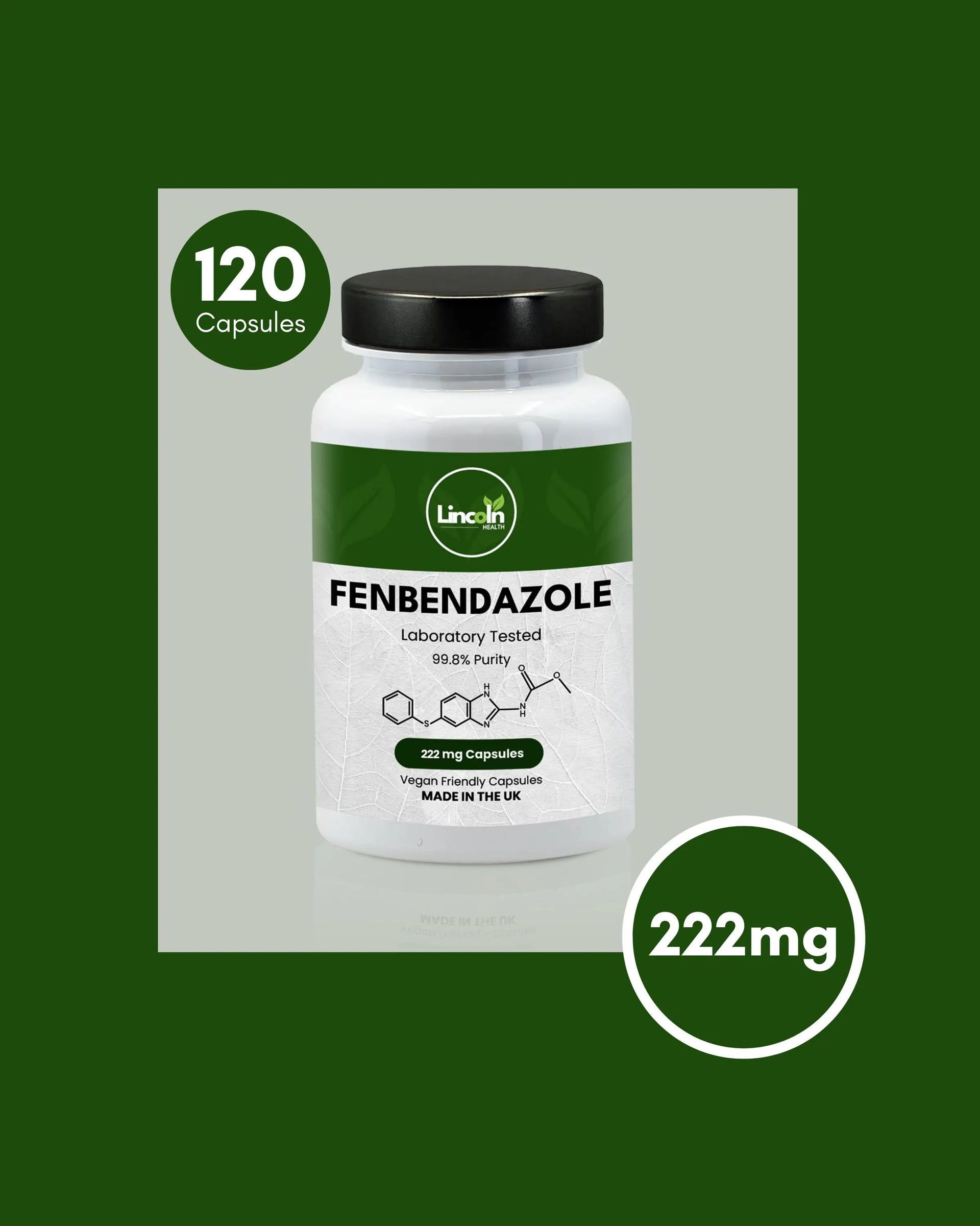fenbendazole capsules vs Other Dewormers: Which is Better?
Wiki Article
Recognizing the Benefits and Uses of Fenbendazole in Vet Medicine
Fenbendazole has actually established itself as an essential anthelmintic in vet medicine. Its capability to target various parasitic infections makes it a useful tool for vets. The medication's mechanism interrupts crucial cellular processes in parasites, causing efficient treatment results. Its safety profile differs between types, demanding careful factor to consider in its usage (fenbendazole). Understanding these dynamics can drop light on fenbendazole's wider effects in vet treatment and ongoing research right into its possible beyond standard applicationsDevice of Action of Fenbendazole

Usual Parasitical Infections Treated With Fenbendazole
A selection of parasitic infections are effectively treated with fenbendazole, making it a versatile option in veterinary medication. This anthelmintic representative is specifically effective against nematodes, including roundworms and hookworms, which frequently affect canines and felines. It is additionally used for the treatment of cestodes, such as tapeworms, supplying a broad range of action against both kinds of digestive tract bloodsuckers. Furthermore, fenbendazole is helpful in managing infections triggered by protozoa, specifically Giardia, which can bring about gastrointestinal distress in animals. Its efficiency reaches treating particular lungworms in canines and felines, attending to respiratory health problems linked to these parasites. Generally, fenbendazole's capability to target numerous parasitic varieties makes it a valuable tool in veterinary technique, making sure the health and wellness of family pets affected by these usual infections.Safety and Efficacy in Various Pet Species
The security and effectiveness of fenbendazole vary among different pet varieties, emphasizing the significance of species-specific considerations in veterinary medication. In pooches, fenbendazole is usually well-tolerated and efficient against a series of gastrointestinal bloodsuckers, consisting of roundworms and hookworms. For felines, nevertheless, its use is less usual and may require mindful application as a result of possible negative reactions.In livestock, such as cattle and lamb, fenbendazole demonstrates performance versus numerous endoparasites, adding to boosted health and efficiency. The pharmacokinetics and potential side results can differ markedly in between species, demanding careful evaluation by vets.
Equines likewise respond favorably to fenbendazole, particularly for dealing with strongyles and ascarids, though dose and management courses have to be tailored to their distinct physiology. As a result, comprehending these differences is important for optimizing therapy outcomes and ensuring animal well-being throughout varied varieties.
Management and Dose Guidelines
Correct management and dosage standards are important for making best use of the restorative effects of fenbendazole while minimizing potential adverse effects. The dose generally differs depending upon the species being dealt with, the particular problem, and the formula of fenbendazole used. 222 mg. For canines and pet cats, a typical dose is 50 mg/kg body weight, carried out once daily for three successive days, yet vets might change this based upon specific wellness analysesIt is essential to administer fenbendazole with food to improve absorption and minimize intestinal upset. The medicine is available in various types, consisting of granules and paste, Going Here enabling for versatile administration options. Keeping an eye on the pet's reaction throughout and after treatment is a good idea to verify effectiveness and security. Additionally, veterinary support is vital to identify the proper duration of treatment based on the sort of parasitical infection being addressed, ensuring optimal outcomes for the animal's health and wellness.
Future Perspectives and Research Study on Fenbendazole
Study on fenbendazole remains to advance, concentrating on its possible applications past typical antiparasitic usages. Current studies have actually discovered its effectiveness in treating numerous types of cancer cells, specifically in vet oncology. Initial information recommend that fenbendazole might hinder the development of growth cells and enhance the results of various other chemotherapeutic agents.Additionally, scientists are investigating its role in handling food poisonings in animals, highlighting its anti-inflammatory residential or commercial properties. The adaptability of fenbendazole for different varieties questions about its safety and security accounts and optimal application regimens in diverse populaces.
As passion grows, there is a his comment is here demand for thorough professional tests to establish evidence-based standards for these unique applications. Future research may also examine the mechanisms behind fenbendazole's results, possibly leading the way for cutting-edge therapeutic strategies in veterinary medication. The ongoing exploration of fenbendazole could significantly boost therapy alternatives for different vet conditions.

Often Asked Inquiries
Is Fenbendazole Safe for Pregnant Animals?
The safety and security of fenbendazole for expectant pets stays unsure. While some researches recommend very little danger, vets usually suggest care and commonly encourage against its usage while pregnant unless the advantages clearly surpass possible threats.Can Fenbendazole Be Made Use Of in Livestock?
Fenbendazole is commonly utilized in animals to treat different parasitical infections. fenbendazole 444. Its efficiency versus gastrointestinal worms makes it a beneficial anthelmintic, adding to boosted health and performance in animals raised for food and fiberWhat Are the Side Effects of Fenbendazole?

The negative effects of fenbendazole may include intestinal disturbances, lethargy, and sensitive responses. In rare cases, much more serious anonymous reactions can happen, demanding cautious monitoring and appointment with a vet during treatment.
Exactly How Does Fenbendazole Compare to Other Dewormers?
Fenbendazole uses broad-spectrum efficacy against various parasites, frequently contrasting positively to various other dewormers. Its distinct device targets different life phases, making it effective, while normally presenting a desirable security account compared to options available on the market.Can Fenbendazole Be Used for Dealing With Cancer Cells in Pet Dogs?
The potential of fenbendazole in dealing with cancer in animals has garnered passion. Initial research studies recommend it may hinder cancer cells cell growth, yet even more research study is required to confirm its efficacy and safety in veterinary oncology.Report this wiki page